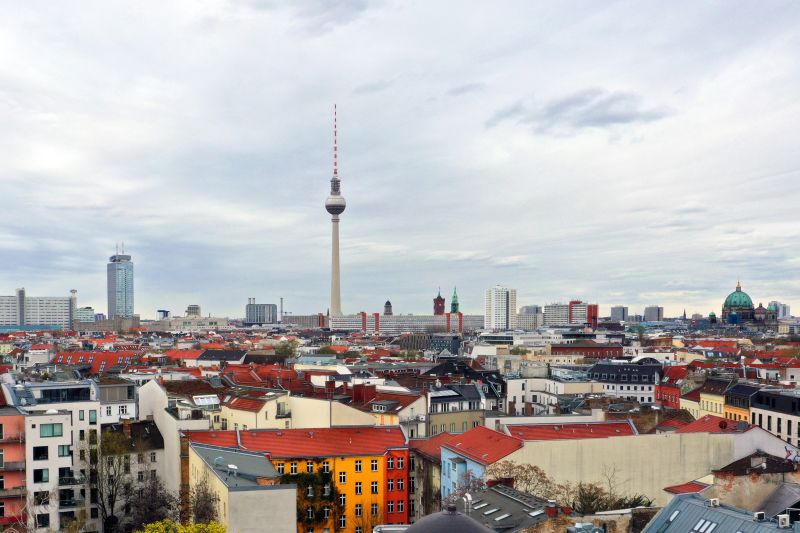
German police launch probe into possible poisoning of two Russian exiles
The spokesperson declined to provide further information citing the ongoing investigation.
German newspaper “Welt am Sonntag” first reported on the police investigation, writing that the two Russians took part in a conference held by Russian Kremlin critic Mikhail Khodorkovsky in Berlin on April 29 and 30.
Berlin police did not name the Russian exiles.
The police probe comes after Russian exile Natalia Arno, president of activist group the Free Russia Foundation, spoke publicly this week about falling ill after a trip to Europe.
“I have a suspicion that during my recent trip to Europe I was poisoned, probably by some nerve agent,” she wrote on Facebook.
Arno said she was on a visit to a European city, “at the end of April or beginning of May,” when she first had “strange symptoms” that she initially attributed to “jet lag, lack of sleep and tiredness in general.”
She then traveled to a second European city where, on returning to her hotel room after a series of meetings, she found the door “slightly open” and detected the “pungent smell of cheap perfume.”
Arno said she later developed “a sharp pain and strange symptoms” that led her to return home to the US early.
“On the flight the symptoms became very strange, spreading all over my body and with pronounced numbness,” she said. “I ended up in the emergency room, I was getting worse, but all my tests showed that I was an astronaut and could go straight into orbit.”
Russia has previously been accused of carrying out nerve agent attacks.
In 2020, Russian opposition leader Alexey Navalny, who is known for publicly criticizing Russian President Vladimir Putin, fell ill on a return flight from Siberia.
It was confirmed as poisoning once he was medically evacuated to Germany where he was found with a chemical nerve agent from the Novichok group in his system.
Novichok is a deadly chemical weapon and was also used in the attempted murder of former Russian spy Sergei Skripal and his daughter Yulia in the English city of Salisbury in 2018.
Both survived, but many others in the area were exposed to the military-grade nerve agent, and resulted in one fatality.
The attack has long since been connected to suspected Russian military intelligence agents, claiming to be tourists.
